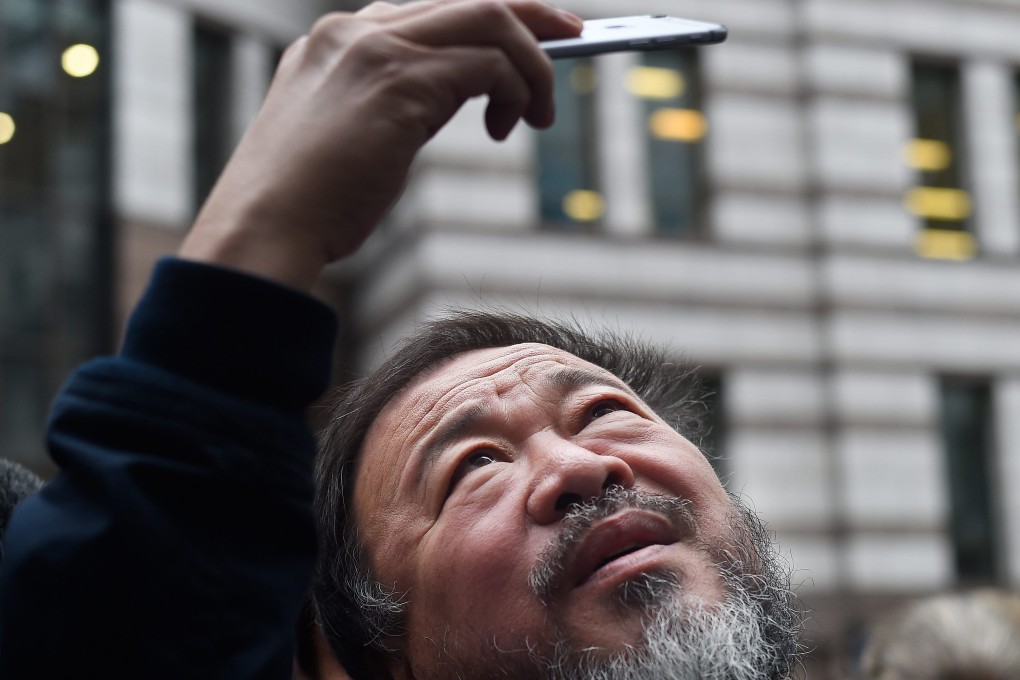Bugging out: The lines that Ai Weiwei still cannot cross in China, after artist finds listening devices hidden in Beijing studio
The artist has his passport back and has staged solo shows in Beijing again, but only of new, non-political work

Ai Weiwei’s discovery of bugging devices in his Beijing studio, announced at the weekend, has come at a time when the Chinese government appears to have taken a more relaxed attitude towards the country’s most famous dissident artist.
It is unclear when the devices were planted but they were uncovered during recent renovations and Ai made the discovery public after he returned from his first overseas trip since being detained four years ago by Chinese police, who confiscated his passport.

When Beijing returned his passport and allowed him to visit Europe in September - including a stop in London, where the Royal Academy of Arts is hosting a major exhibition of his works - the art world assumed the Chinese government had somehow decided Ai was no longer persona non grata.
A bugged life: Chinese dissident artist Ai Weiwei finds 'listening devices' in Beijing studio
In another development, Beijing galleries were allowed, for the first time, to host solo exhibitions of the artist's work. No fewer than three separate shows opened in June.